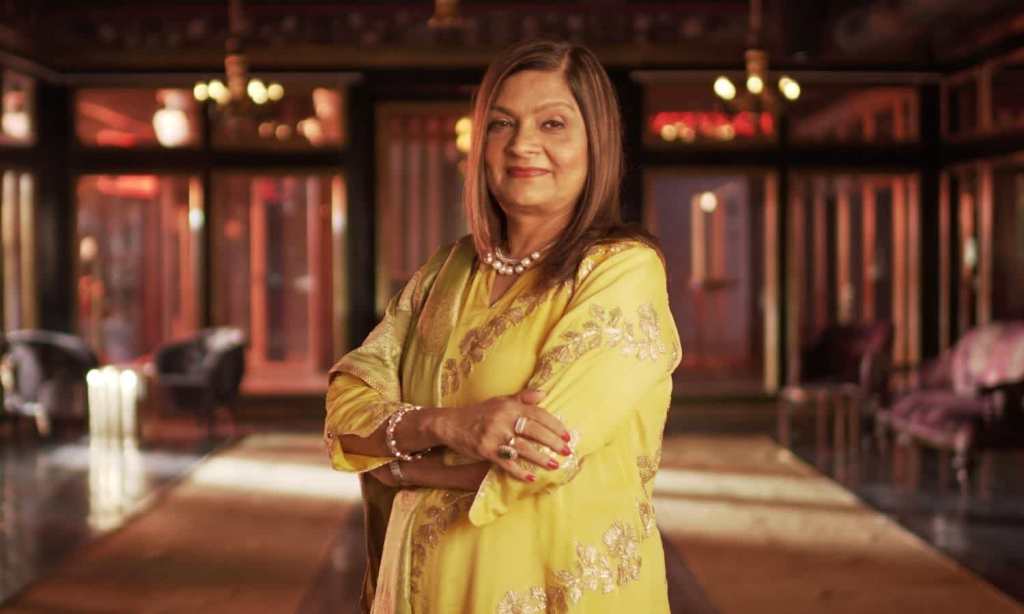Some are calling it archaic and other’s regressive — but even with some cringe and what people are calling “outdated” values, Netflix’s Indian Matchmaking is a hit.
The eight-part docuseries features an elite Indian matchmaker, Sima Taparia, whose job it is to find suitable matches for her very wealthy clients in both the US and India.
Taparia, who calls herself “Mumbai’s top matchmaker”, says matchmaking is about “giving happiness to others”.
She also believes that “matches are made in heaven” and that God has given her the job to make it successful on Earth.
Throughout the series, we are privy to the singles meeting, dating (sometimes unsuccessfully) and watching Tamparia work her magic.
“I speak to the girl or the boy and assess their nature,” she says. “I visit their homes to see their lifestyle, I ask them for their criteria and preferences.” And their lifestyles are incredibly lavish.
Taparia herself is from a wealthy background, and her lucrative family helped her set up her many connections.
When she was just 19-years-old, she married Anup Taparia, who also belonged to a wealthy industry family.
Combining both their individual wealth and their strong relationships with other families, she began setting up couples for marriage as a hobby.
According to Vantunews, she is matching 135 families in India and has two labelled binders called the “Female Index” and “Male Index”.
Indian Matchmaking has become a massive social phenomenon and while popular, it is also incredibly polarising with people talking about “colourism, sexism and elitism”.
For creator Smriti Mundhra, she completely understands why people would feel this way.
“I totally understand why people feel like ‘You’re exposing, some of them are problematic things that are in our culture,'” she said in an interview with CNN.
“But that’s where we are. I would never want to make a show that sanitizes that because I think we need to have those conversations and we need to push to do better as a community and as a culture.”
According to Mundhra, the story of Taparia was one that she wanted to expand and share.
“It’s difficult to sort of convince people who are very private about a process and private about their lives to sort of go through it with cameras on for a dating show,” she said. “But there were some people who were up for the adventure and they were the ones who were more keen to work with us.”
“Through the casting process we sort of pushed for as much diversity as possible,” she said during the interview.
“Geographically, ideologically, diasporically. We tried to really show, to whatever extent made sense and was authentic to the world, as many different points of view as we could.”
WATCH: The official trailer for Indian Matchmaking.







